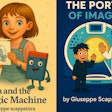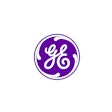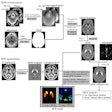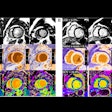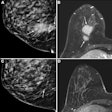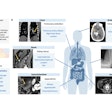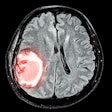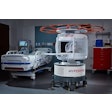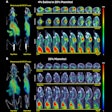Diffusion-weighted MRI (DWI-MRI) using a therapeutic iron supplement as a contrast agent could be an alternative to FDG-PET/CT for assessing cancer in children and young adults.
A new study from Stanford University, published online February 19 in Lancet Oncology, concluded that MRI with the iron supplement ferumoxytol enhances tumor visibility and is comparable to FDG-PET/CT in terms of sensitivity, specificity, and diagnostic accuracy.
Dr. Heike Daldrup-Link and colleagues used ferumoxytol "off label" as a contrast agent with DWI. Ferumoxytol is composed of small superparamagnetic iron oxide particles, which can be detected with MRI. It is sold commercially as Feraheme by AMAG Pharmaceuticals for the treatment of iron deficiency anemia in adult patients with chronic kidney disease.
For the study, 22 children and young adults with malignant lymphomas and sarcomas were scanned using both DWI-MRI and FDG-PET/CT. Sensitivity was 93.7% with DWI, compared with 90.8% for FDG-PET/CT, and specificity was 97.7% with DWI, compared with 99.5% for FDG-PET/CT. Diagnostic accuracy was 97.2% with DWI-MRI and 98.3% with FDG-PET/CT.
In addition, average exposure to ionizing radiation was 12.5 mSv for FDG-PET/CT, compared with no radiation with whole-body DWI. Radiation exposure in young people has been shown to increase the risk of secondary cancers later in life.
There were also no adverse reactions associated with ferumoxytol, the researchers noted.



.fFmgij6Hin.png?auto=compress%2Cformat&fit=crop&h=100&q=70&w=100)

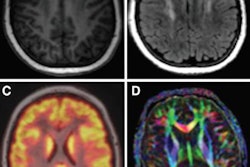
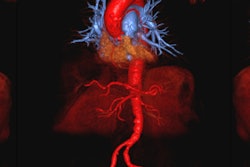
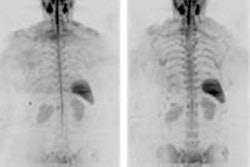
.fFmgij6Hin.png?auto=compress%2Cformat&fit=crop&h=167&q=70&w=250)



